Biperiden is one of the most important anti-Parkinson drugs. The basis of its action is based on the inhibition of acetylcholine. The active ingredient has been on the market since 1953 under the trade name Akneton®.
What is Biperiden?

Biperiden is an anticholinergic. It acts on the muscaric acetylcholine receptors in such a way that the effectiveness of acetylcholine is reduced, especially in the parasympathetic nervous system.
The active ingredient is u. a. used for the symptomatic treatment of Parkinson's disease. Biperiden is also very successful in reducing the side effects of psychotropic drugs and is accordingly used in this area. The active ingredient in medicinal products is present as biperiden hydrochloride.
This is chemically a white, crystalline powder that is difficult to dissolve in water. In addition to its anticholinergic influence, Biperiden also has a mood-enhancing and euphoric effect. Therefore, there is a risk of abuse. Biperiden is administered in tablet form and, in emergencies in the event of poisoning, also as an injection solution.
Pharmacological effect
Biperiden develops its influence through the inhibition of the muscarinic receptors for acetylcholine in the parasympathetic nervous system. The effect of acetylcholine is suppressed with the result that important body functions that are related to the parasympathetic are reduced.
What is the mechanism by which Parkinson's symptoms can be treated? You have to know that Parkinson's is triggered by a deficiency in the neurotransmitter dopamine. This deficiency results from the death of dopamine-producing nerve cells. Dopamine ensures the coordination of the movement sequences. In addition to dopamine, other neurotransmitters are also responsible for the transmission of stimuli in the nerve cells, including acetylcholine.
Due to the lack of dopamine, however, there is an imbalance between acetylcholine and dopamine. Acetylcholine is now relatively in excess and thus intensifies the uncoordinated transmission of stimuli. There are now various options available for treating Parkinson's disease. Either dopamine precursors are b. z. w. Dopamine degradation inhibitors are used or the relative excess of acetylcholine is reduced.
A combination treatment is also possible. Anticholinergics such as Biperiden can be used to inhibit the action of acetylcholine. When treating with anticholinergics, however, one must at the same time accept the side effects associated with the inhibition of acetylcholine.
Medical application & use
The main area of application of Biperiden As discussed earlier, is the treatment of the symptoms of Parkinson's. Parkinson's is generally characterized by the fact that the movement sequences are increasingly uncoordinated and involuntary. A main symptom is sedentary lifestyle.
The dexterity decreases with fast movements. Added to this are tremors (tremors) and muscle stiffness (rigidity).Furthermore, there is gait and stance uncertainty. As already mentioned, Parkinson's disease is caused by an imbalance of dopamine and acetylcholine. One possible influence is treatment with anticholinergics such as Biperiden.
When choosing the means, the relationship between the success of the treatment and the side effects must of course also be considered. In the case of Parkinson's, the anticholinergics do less well in this regard than other agents. The side effects due to acetylcholine inhibition play a significant role. Anticholinergics such as Biperiden are more frequently used today in secondary Parkinson's disease due to treatment with psychotropic drugs.
So-called dyskinesias can occur during this treatment. These are disorders of the physiological movement of organs, body parts or an entire body region. These often take the form of cramps, convulsive movements, or tics. The use of Biperiden shows good results here. Other areas of application are poisoning with pesticides or nicotine.
You can find your medication here
➔ Medicines against memory disorders and forgetfulnessRisks & side effects
The use of Biperiden causes various typical side effects due to its anticholinergic properties. This includes dry mouth due to the reduction in secretion and saliva production, constipation, indigestion, urinary behavior and reduced sweating.
Visual disturbances and an increase in heart rate can also occur. Central nervous disorders such as dizziness, tiredness, excitability or even hallucinations are also observed. These side effects are the result of a reduced effect of acetylcholine. However, as with all drugs, there is also direct hypersensitivity to Biperiden.
In this case, in epilepsy, dementia and constrictions in the gastrointestinal tract, its use is contraindicated. This also applies to cardiac arrhythmias and muscle weakness. During pregnancy and breastfeeding, Biperiden should only be taken under medical supervision.

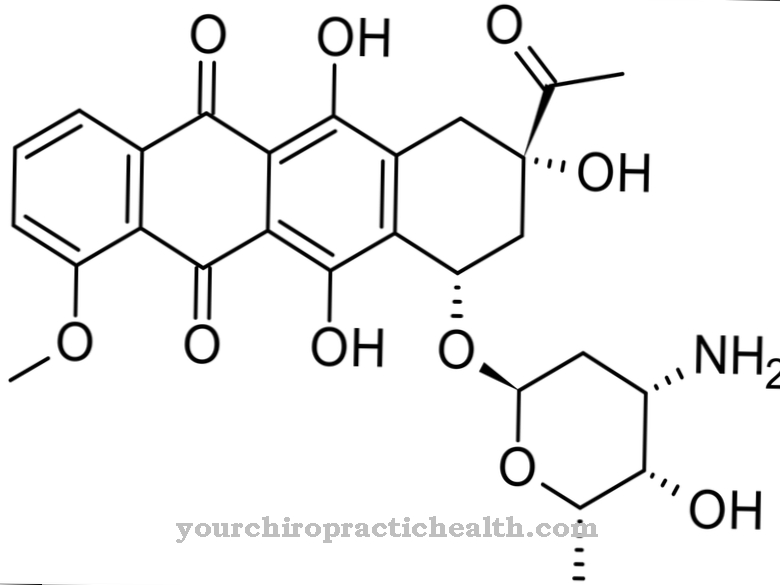

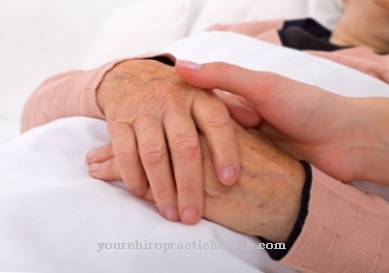








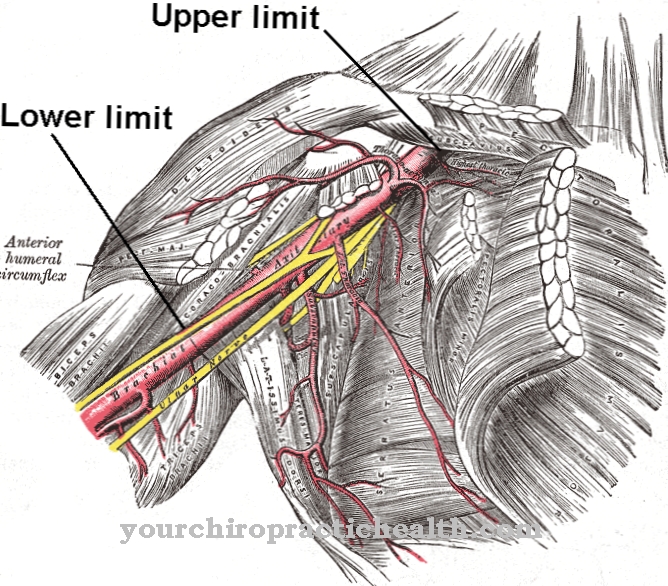




.jpg)




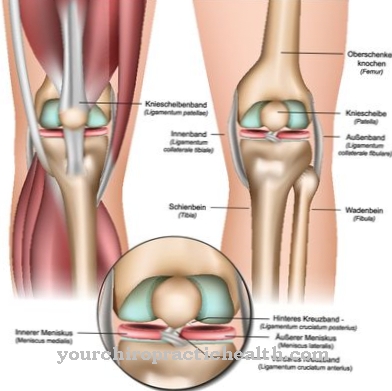
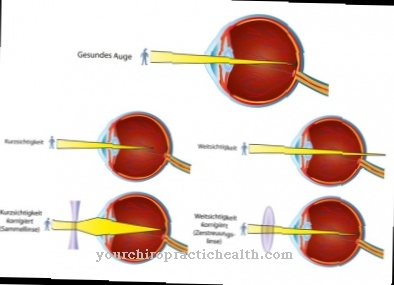
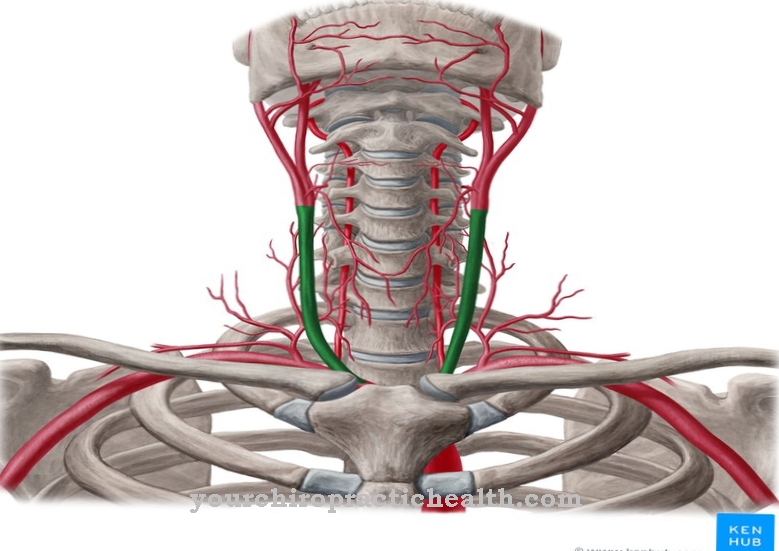
.jpg)

